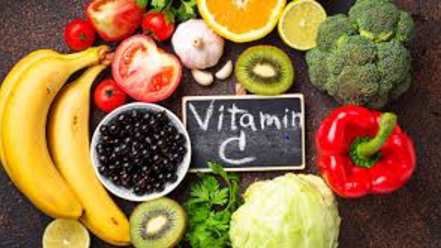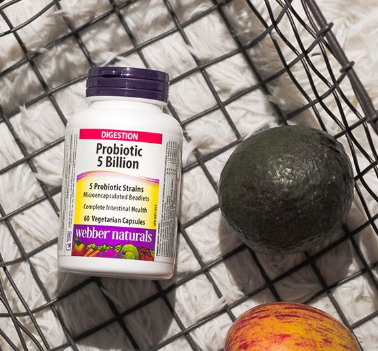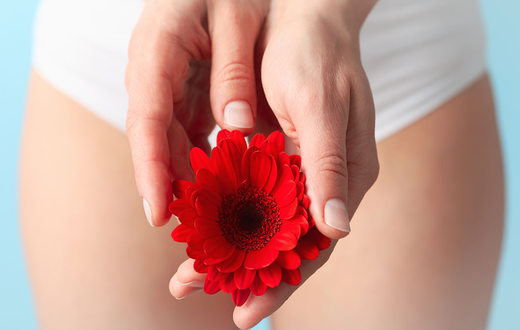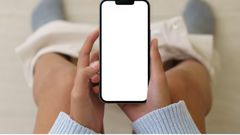Experiencing a change in vaginal odour after menstruation is a concern that many women in Nigeria, Ghana, and across West Africa face but seldom discuss openly. While a mild scent is completely natural, particularly after your period, a strong or lingering odour could be a sign that your intimate health needs extra attention. Local health experts, such as Dr. Chidinma Okeke of Lagos University Teaching Hospital, stress that body chemistry and menstruation can both impact vaginal freshness. The good news is that there are effective ways—many simple and accessible within local communities—to tackle unwanted odour and rebuild confidence. Below are five evidence-backed, practical strategies to support vaginal health and maintain lasting freshness after your period, with a focus on approaches relevant to the West African experience.
1. Maintain Proper Hygiene
Good hygiene forms the bedrock of vaginal health and odour prevention, especially after menstruation. Many Nigerian medical practitioners recommend gently washing the external vaginal area (the vulva) with warm water and, if desired, a mild, unscented intimate cleanser. Avoid scrubbing or using harsh soaps, as these can irritate sensitive skin.

Local gynaecologists warn against douching, a practice that is still common in some parts of Nigeria and Ghana. Douching disrupts the body’s natural pH and can lead to infections or increased odour. Sticking to basic, gentle washing and making sure to change sanitary pads or tampons regularly during your period are key steps to maintaining comfort and freshness. When bathing, focus solely on external cleaning rather than internal—even clean, running water is enough to remove excess discharge and stay healthy.
2. Use Boric Acid (With Caution)
Boric acid has gained popularity globally and in West Africa as a remedy for persistent vaginal odour, especially when caused by yeast or bacterial imbalances. It’s available as suppositories, often recommended by healthcare professionals for chronic infections that don’t respond to standard treatments.

According to multiple studies cited by the World Health Organization, boric acid can help re-balance vaginal pH and decrease harmful bacteria that cause odour. However, it is not without risks. Health agencies across Africa—along with local Nigerian pharmacists—caution that boric acid should never be ingested or used without prescription. Overuse or misuse can result in irritation, burning, or even toxicity. Always consult with a certified medical practitioner before trying boric acid suppositories, particularly if you are pregnant or have sensitive skin.
3. Stay Dry and Choose Breathable Fabrics
In the humid climates of Lagos, Accra, and beyond, keeping your intimate area dry can be a real challenge but is essential. Moisture provides an ideal environment for bacteria and fungi, which can produce unpleasant odours. After showering or bathing, use a clean, soft towel—ideally cotton—to gently pat the area dry. Avoid vigorous rubbing to prevent irritation.

Healthcare professionals suggest choosing underwear made from “100% cotton”—a fabric widely available in West African markets—because it promotes air flow and absorbs moisture better than synthetic materials. Changing underwear after intense activities or during especially hot days can also help. Avoid wearing overly tight clothing, such as skinny jeans or polyester leggings, for extended periods, as these trap heat and moisture, increasing the risk of odour and infection.
4. Eat More Fruits Packed With Vitamin C
Your diet not only affects energy and immunity but also overall intimate health. Eating locally available fruits high in vitamin C, such as pineapple, watermelon, oranges, and even pawpaw (papaya), supports immune function and helps maintain an environment where healthy vaginal flora flourish.

Fruits like citrus offer a mildly acidic boost to the body’s internal environment, which according to Mt. Sinai Hospital’s public health guidelines, helps counteract unwanted bacterial growth. Regular fruit consumption—whether eaten raw, blended in smoothies, or added to West African breakfast platters—can thus help safeguard vaginal balance. Local nutritionist, Abena Adu of Accra, notes that, “Good food choices can reflect in overall body odour. A diet rich in fruits and vegetables is nature’s own deodoriser.”
5. Prioritise Probiotics and a Balanced Diet
Probiotics are friendly bacteria that play a crucial role in preventing infections and odour—something Nigerian, Ghanaian, and international doctors agree on. In West African households, probiotic sources like yoghurt (locally called “fura da nono” or “kindirmo”), kefir, and fermented foods (like ogi, kenkey, or gari) are not only delicious but beneficial to women’s health. According to a survey by the Nigerian Medical Association, regular probiotic consumption may decrease the risk of vaginal infections by supporting a healthy balance of vaginal flora.

Integrate seasonal vegetables, leafy greens like ugu (fluted pumpkin leaves), and plenty of water into your meals to further strengthen your defences. A balanced diet low in processed sugar and high in fibre can also help combat chronic odour. Remember, persistent or severe smell may signal an infection; if so, consult a qualified health professional—whether at a local clinic or hospital. Self-medicating can worsen some conditions, so expert guidance is highly recommended.
In West African communities, maintaining vaginal health after menstruation is not only a matter of comfort but also of dignity and social confidence. These tips, grounded in both global research and regional best practices, aim to guide women to take charge of their health naturally. By focusing on gentle hygiene, safe treatments, appropriate diet, and cultural wisdom, you can support your body to stay clean, confident, and odour-free.
Have you or anyone you know tried any of these methods, or do you have another safe remedy that works for you? What are the challenges women face when promoting intimate health in your community? Drop a comment below and share your thoughts or advice for others.
Your story, advice, or experience could help many other women across Nigeria, Ghana, and the continent—so don’t hesitate to share in the comments.
Have a health-related story or personal journey you want to share or sell? Reach out to us at story@nowahalazone.com to get your story featured or discuss story sales.
For general support, email support@nowahalazone.com.
Follow us for more tips, health news, and inspiring stories on Facebook, X (Twitter), and Instagram!
Community matters—join the conversation and empower others today.










